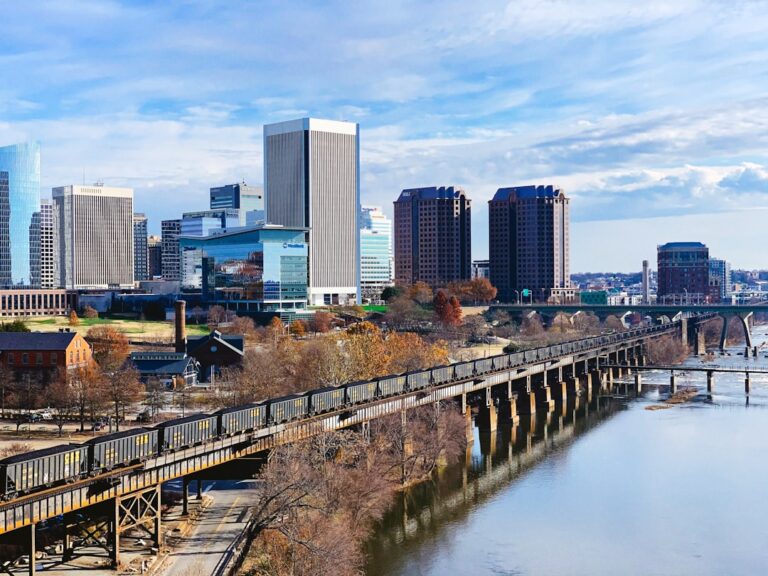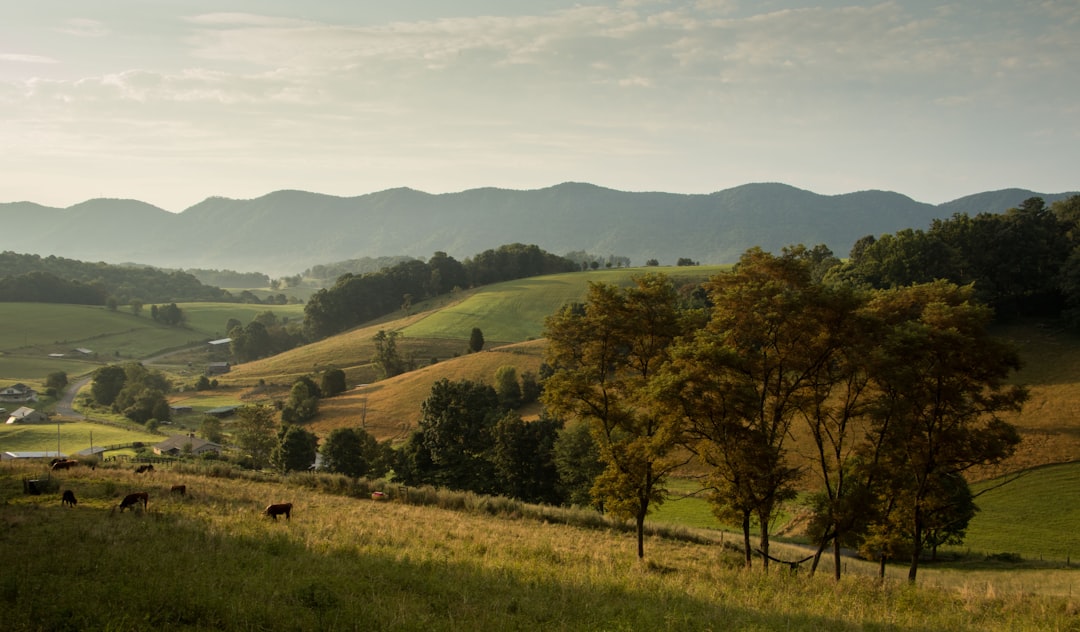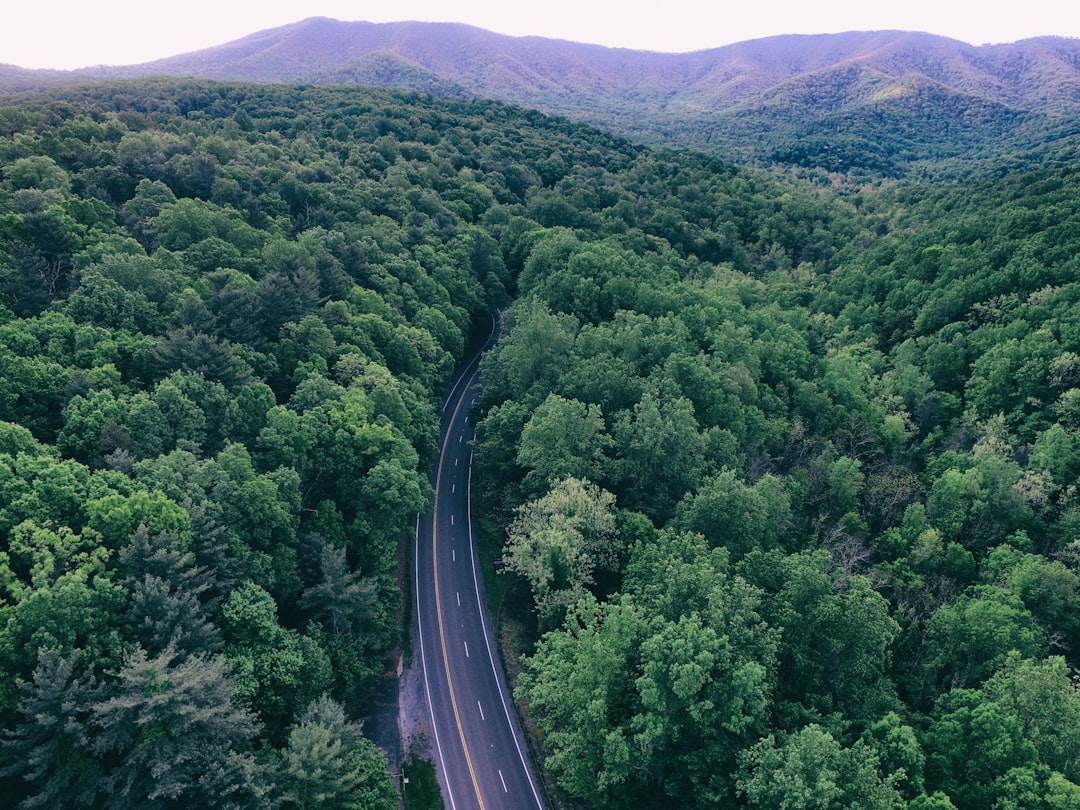Deceptive dialers, or spam call robots, target Virginia residents through advanced technologies. Spam call lawyers in Virginia navigate legal challenges and protect citizens' rights under state and federal laws. Recreation parks like Ralph H. Dean in Luray educate communities on countering spam calls and partner with lawyers to reduce unwanted communications, fostering safer environments.
In an era where spam calls have become a pervasive nuisance, Luray’s Ralph H. Dean Recreation Park is leading the charge in community awareness and defense against deceptive dialers. This article explores the tactics employed by these sneaky operators and delves into Virginia’s legal framework targeting spam calls. We’ll uncover how local recreation parks serve as hubs for educating residents on protecting themselves from these insidious practices, providing valuable strategies to fortify against unwanted intrusions. For Virginia spam call lawyers and concerned citizens alike, this is a crucial guide.
Understanding Deceptive Dialers and Their Tactics

Deceptive dialers, also known as spam call robots or automated calling systems, have become a prevalent and frustrating issue for many. These advanced technologies employ various tactics to make unwanted calls, often disguised as legitimate businesses or individuals. They use techniques such as spoofing caller IDs to display false information, making it hard for recipients to identify the source. Some dialers even adapt their strategies based on the recipient’s response, employing a type of machine learning to refine their deceptive methods.
In Virginia, where Spam call lawyers are increasingly in demand, these tactics have led to numerous complaints from residents. The tricky part is that these dialers often target people at random, making it challenging for authorities and legal professionals to keep up with the constantly evolving methods. Understanding these deceptions is crucial, as it enables individuals and parks like Luray’s Ralph H. Dean Recreation Area to implement effective countermeasures, ensuring a safer and less disruptive environment for visitors.
Legal Framework Against Spam Calls in Virginia

In Virginia, there’s a robust legal framework designed to protect residents from spam calls. The state has implemented strict regulations to combat unwanted telemarketing practices, employing both state and federal laws to hold deceptive dialers accountable. Spam call lawyers in Virginia play a crucial role in ensuring these laws are enforced and that citizens’ rights are protected.
These attorneys specialize in navigating the intricate legal landscape surrounding spam calls, helping clients understand their rights and take appropriate action. They work with regulatory bodies to report violators and pursue legal recourse when necessary. With their expertise, they guide individuals and businesses on how to defend against deceptive dialers, ensuring a safer and more secure communication environment for all Virginia residents.
The Role of Recreation Parks in Community Awareness

Recreation parks, like Ralph H. Dean Park in Luray, play a vital role in fostering community awareness and resilience against modern-day threats. Beyond providing leisure spaces, these areas serve as hubs for educational initiatives and public gatherings, where residents can learn about emerging issues such as deceptive dialing practices that often target vulnerable communities. By hosting workshops, seminars, and informational sessions, local parks empower citizens with knowledge about their rights and the legal avenues available to combat unwanted spam calls.
In Virginia, where spam call lawyers are increasingly in demand, community spaces like Ralph H. Dean Park offer a platform for open dialogue and collective action. These gatherings not only raise awareness but also encourage neighbors to band together against deceptive dialing tactics, ultimately strengthening the community’s defense mechanism against such nuisance practices.
Protecting Residents: Strategies for Effective Defense

Lurays Ralph H. Dean Recreation Park is taking proactive measures to safeguard its residents from deceptive practices, particularly targeting spam calls. With an increasing number of unsolicited phone calls, many communities are turning to innovative strategies to protect their citizens. One effective defense mechanism involves educating residents about blocking and reporting these nuisance calls. By empowering individuals with knowledge on identifying and blocking spam call sources, the park can reduce the overall volume of unwanted communications.
Furthermore, establishing partnerships with Virginia-based spam call lawyers can provide a legal framework for dealing with persistent issues. These legal experts can offer guidance on navigating consumer protection laws and ensuring that residents’ rights are upheld. Proactive measures, combined with community involvement, create a robust defense against deceptive dialers, fostering a safer and more enjoyable environment for all park users.






